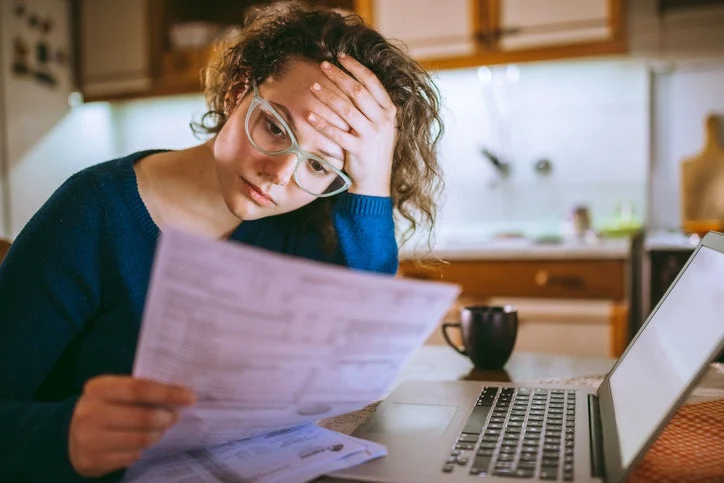
An estimated 67% of Americans don’t have enough cash in the bank to cover an unplanned $400 expense, according to a recent SecureSave survey. So if your savings account balance is pretty minimal, you’re in good company.
But what if you actually had a solid emergency fund, only you were forced to spend that money when life didn’t go your way?
Maybe you had $12,000 in the bank, only you lost your job and had to keep pulling from your savings to cover your rent or mortgage payments while you were unemployed. Or maybe you had $6,000 in savings, but it all got eaten up by one surprise home repair.
Perhaps you had a nice emergency fund a year ago, but over the past 12 months, you’ve been forced to dip into your savings every few weeks to cope with inflation. If so, it’s easy to see why your cash reserves may have been whittled down.
If your emergency fund has run out of money, it’s clearly not an ideal situation. So your best bet is to try to rebuild your savings as soon as you can. Here’s how.
1. Spend very carefully
When you’re looking at pretty much no emergency cash reserves, it’s time to start making spending cuts — even if that means having to sacrifice some enjoyment for a few months.
When you’re doing fine on savings, there’s nothing wrong with treating yourself to a store-bought coffee every day, or buying lunch twice a week even though making it at home costs much less. But when you’re looking at no money in savings to fall back on, it’s time to slash expenses like that until your savings are looking more robust.
2. Boost your income with a second job
If you work a full-time job that’s fairly demanding, the last thing you might want is to spend your limited downtime working some more. You don’t need to commit to a side hustle indefinitely. But if you’ve depleted your emergency fund, a second job could be your ticket to replenishing it in short order.
Think about some of the gigs you might be able to handle. If your normal working hours are unpredictable, you may want to stick to something like driving for a rideshare service, where you can set your own schedule and work as many or as few hours per week as you can manage.
3. Try to automate the process
Having no emergency fund can be scary. If that’s the situation you’re in, it’s really important to stay on track with your efforts to rebuild. And in this regard, what you may want to do is set up an automatic transfer from your checking account to your savings so money moves over as each paycheck arrives.
That transfer can be as small as $20. But either way, you’ll know you at least have some money hitting your savings every month as you try your best to ramp up even more.
When you worked hard to build an emergency fund only to have that money run out on you, it can be very frustrating. But it’s important to do your best to replenish your savings so you’re not forced into debt the next time an unplanned bill comes your way.